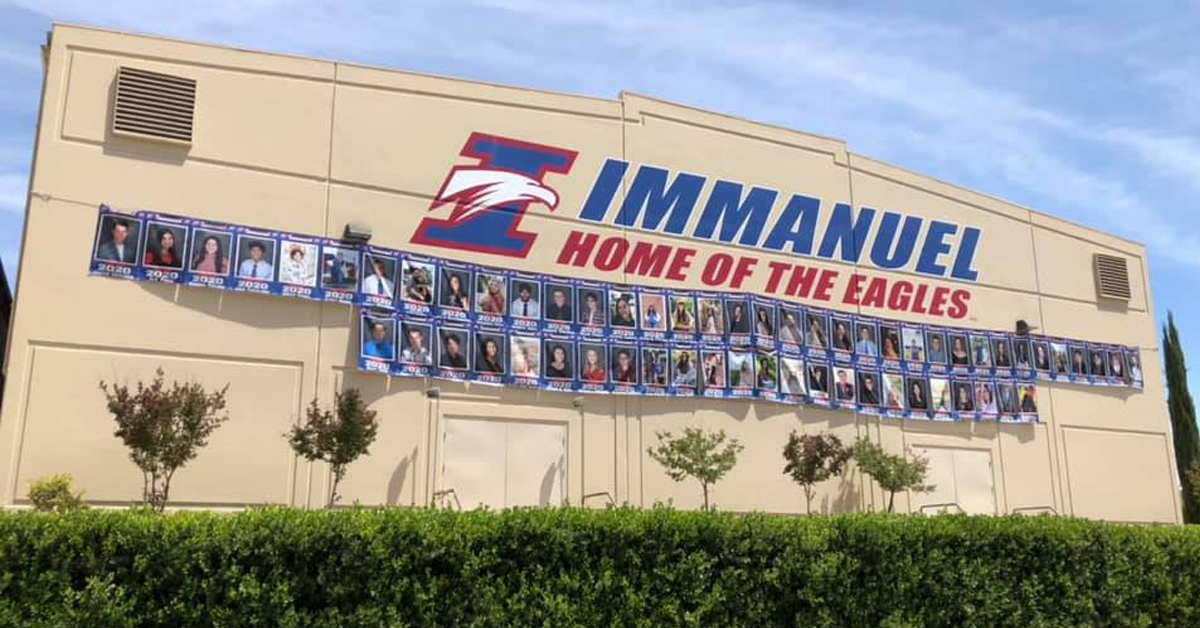A recently-filed lawsuit claims Rep. TJ Cox (D–Fresno) continued to maintain involvement in some of his various companies, including a Canadian gold mining firm, after he formally divested from them.
The lawsuit, filed on behalf of a Fresno County doctor, a Sacramento County doctor, and his wife who loaned funds to a heavy equipment rental company controlled by Cox, claim the Congressman defrauded them to the tune of $150,000 plus interest by failing to disclose conflicts of interest and make loan repayments.
Seeking investment
The suit centers on a round of business loans Cox received from three investors in 2013 and 2014 for Troy Equipment Leasing, LLC.
Troy Equipment Leasing purchased and leased heavy mining equipment to one particular firm, the suit says: Constellation Mines, Ltd., a Canadian mining firm that Cox simultaneously served as a Corporate Director.
The three investors – Edward Tang, Robert Tang, and Virginia Tsai – weren’t foreign to Cox.
Edward Tang is a Clovis resident and anesthesiologist who worked alongside Cox’s wife, pediatrician Kathleen Murphy, in the Pediatric Critical Care Unit at Valley Children’s Hospital, according to a physician roster from Pediatric Anesthesia Associates Medical Group, Inc.
Robert Tang is a internal medicine doctor residing in Sacramento. His wife is Virginia Tsai.
Calls and emails for comment from the lawyer representing Tang, Tang, and Tsai were not returned.
Nailing Down Specifics
Cox pitched the three on a set of $50,000 loans to the company. In exchange for the loan, they would receive a 1 percent stake in Troy Equipment Leasing along with an unspecified amount of stock in Constellation Mines, Ltd.
In October 2013, Edward Tang and Robert Tang and Tsai loaned Troy Equipment Leasing two sets of $50,000 under the arrangement.
Five months later, Cox returned to Robert Tang and Tsai for another $50,000 loan, under the same terms as their initial loan. They agreed to a second loan, with their total investment reaching $100,000.
While the suit claims that Cox promised the three plaintiffs the stakes in Troy Equipment Leasing, LLC and Constellation Mines, Ltd., it notes that Cox never provided them with key documentation to notate ownership of the two companies.
The suit notes that Cox never supplied the three with an updated operating agreement for Troy Equipment Leasing to reflect their investment. Operating agreements for LLCs assign the stake each member-investor holds in the business.
Similarly, he never provided them with a stock certificate for the Canadian-chartered Constellation Mining, Ltd.
The only documentation provided to the three creditors were promissory notes and UCC financing statements detailing inventory of Troy Equipment Leasing that were secured to the loan.
Per the terms of the promissory notes, the three loans each carried 12 percent annual interest, totaling $18,000 in annual interest for all loans.
The notes were secured by equipment owned by Troy Equipment Leasing located in the McDame Creek area of British Columbia near Dease River.
A Web of Conflicts
Cox’s role in Constellation Mines, Ltd. became a subject of inquiry during his first Summer on Capitol Hill over undisclosed business ties.
In June, Cox told a Bloomberg reporter during a press scrum that the Canadian mining firm was a non-entity.
“The funny thing is, there was no company. There was no assets, no operations, nothing. It was an entity that was set up to look at some things and so that was it,” Cox said of Constellation Mines, Ltd.
Emails from Cox to investors, obtained by The Sun, demonstrated that the freshman Congressman engaged in Canadian mining dating back to 2012, including financing equipment purchases in the United States that could – if operations failed – later be re-sold in Canada at a markup.
On June 17, Cox filed paperwork with Corporations Canada to remove himself as a Director for Constellation Mines, Ltd., though backdating his exit to Feb. 3, 2019.
The following week, he filed to remove himself as Manager of Troy Equipment Leasing with California’s Secretary of State.
Both businesses remain active, per a check with their chartering agencies.
The suit claims that Cox never provided Edward Tang, Robert Tang, or Tsai with a private placement memorandum, otherwise known as offering documents, for their investment.
Offering documents typically disclose conflicts of interest such as a corporate director serving two businesses on opposite sides of a transaction.
Back to business?
The suit provides a key, previously unknown, nugget: that Cox continued to have some level of involvement in Constellation Mines after he divested the company.
Cox regularly provided updates on mining operations to investors – including the Tangs and Tsai, the suit alleged.
One such update was sent to the three plaintiffs on July 31, 2019 – more than a month after Cox filed to exit and divest from Constellation Mines and nearly six months from the filing’s effective date in February.
“The mine is in production (finally) and there is still a good two months of the season left. Lots of time to produce gold,” Cox wrote in July. “Although they’ve only been running with 3 people, they will begin double-shifting soon and run around the clock in the next few days.”
During the summer inquiries into Cox’s undisclosed businesses, Bloomberg reported that House Natural Resources Committee Chair Raul Grijalva (D–Ariz.) said “Cox’s staff told the [House Natural Resources] committee May 20 that he had divested from [Constellation Mines], and that his continued association with Constellation had been an oversight.”
“I think the question that was put to Mr. Cox was, ‘Is there something that I need to worry about? Or leadership has to [worry about?]’ and he said, ‘No, no, I’m clearing it up,’” Grijalva told Bloomberg on July 3. “So the benefit of the doubt is the benefit of the doubt, and I have no other basis by which to make any assessment other than the fact that he said that ‘we’re taking care of it.’”
Failure to pay
According to the suit, the plaintiffs received their last interest payment on their collective promissory notes in June 2015.
For five years, the now-Congressman “repeatedly promised” the three lenders “that they would continue to receive interest payments” from the leasing company and that loan repayments would be made in full.
Six months after being sworn into Congress, Cox divested himself from Troy Equipment Leasing in June 2019, though the business continues to be in operation per the California Secretary of State.
Also in June, Cox filed to be removed as a Director for Constellation Mines, but backdated his removal to Feb. 3, 2019.
Following a demand for assurances for payment on their loans, Cox and his wife, Kathleen Murphy, each signed agreements in September to personally guarantee repayment of the 2013 and 2014 loans issued to Troy Equipment Leasing, along with associated costs.
As a condition of the guaranty agreements, the plaintiffs gave Troy Equipment an additional 60 days to repay the loans before Cox and Murphy would be required to repay the loans on demand.
Troy Equipment Leasing failed to repay the loans by the October 31 deadline. So, too, did Cox and Murphy when their guaranty agreement activated thereafter.
Lawyers for the three plaintiffs, Cox, Murphy, and Troy Equipment Leasing are expected in court for a case management conference on April 23.











